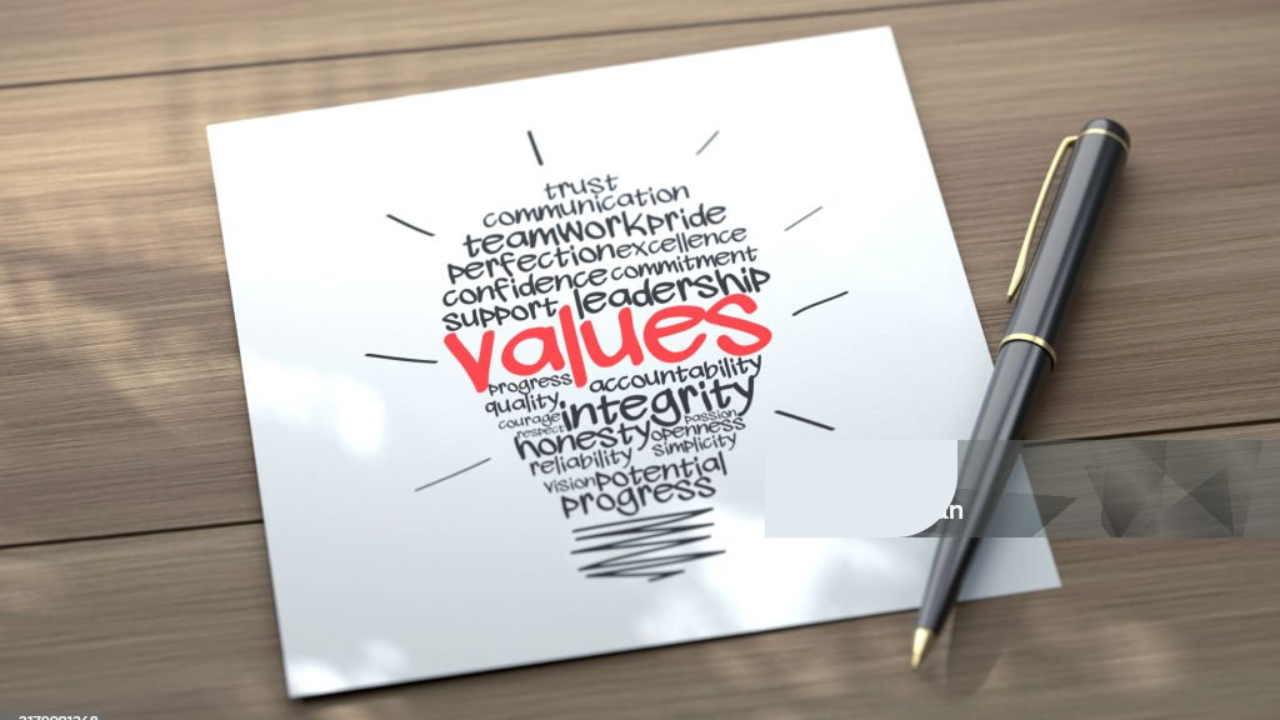
The Quiet Force Holding the Family Life Profession Together
Jun 12, 2025In family life practice, people come to us carrying more than just their stories; they come with trust. Often fragile, often unspoken, but real. They may be walking through a divorce, navigating deep tension with a child, or wrestling silently with regret and in these moments, they don’t just need support, they need safe, ethical support.
This is why ethics isn't just a technical requirement in our field. It’s the foundation of everything we do. It’s the invisible structure that helps clients feel safe and held even when they’re sharing the hardest truths of their lives.
Let’s unpack what ethical practice really looks like in everyday family life work.
1. Confidentiality is Non-Negotiable
One of the first principles we’re taught in training is to protect our clients’ privacy. But confidentiality isn’t just about avoiding lawsuits, it’s about honouring the sacredness of someone else’s story.
Clients open up to us because they believe they’re safe. When we casually share details of a session (even anonymously), or use a client’s story as a dramatic teaching point, we break that safety.
Confidentiality is about integrity. It’s about asking yourself, "Even if no one finds out, did I do what was right?"
2. Respect Boundaries
One common ethical trap is getting too close. It’s easy to blur the lines between professional and personal, especially when you genuinely care. But without clear boundaries, we risk losing objectivity and hurting the people we’re trying to help.
Set clear expectations from the beginning: session times, communication boundaries, what your role is (and isn’t). When a client begins to lean too heavily on you outside of session or treat you like a friend, remind yourself that you’re their coach, not their emotional crutch.
Boundaries protect both you and your client. They are a form of care.
3. Every Person in the Story Deserves Respect
When working with families, it’s easy to hear one person’s side and unconsciously take it as the whole truth but ethical practice means remembering that every story has layers and that everyone in the narrative deserves dignity, even if they’re not your client.
Avoid villainizing spouses, exes, or extended family. Avoid gossiping about “what your client’s partner did” or using one family member’s pain to build rapport with another. Hold every person in the story with neutrality and compassion.
And especially when children are involved, protect their dignity fiercely, even if they are not physically present.
4. Know When to Refer
As practitioners, we’re deeply invested in helping our clients grow but we also have limits and real ethics begins with acknowledging them.
If a client needs therapy, legal advice, medical intervention, or specialized care that you are not trained to give, refer them. It doesn’t make you weak. It makes you wise.
Referring out doesn’t say “I can’t help.” It says, “I care enough to make sure you get the right help.”
5. Keep Doing Your Own Inner Work
Unhealed trauma, unmet needs, or unexamined biases can quietly shape the way we show up in our practice. That’s why ethical practice is not just about what we do for others, it’s about how we keep growing ourselves.
Are you aware of your triggers? Do you find yourself wanting to “rescue” certain types of clients? Are you projecting your personal values onto others?
Make time for your own healing. See a supervisor. Invest in continued learning. When you stay emotionally healthy, your work stays clean.
At the heart of ethical family life practice is humility. The humility to know that this work is not about us but about the people we serve. The humility to say, “I don’t know everything, but I will stay teachable. I will stay trustworthy.”
How you do the work is just as important as the work itself.
You don’t just need to be good at what you do. You need to be good for the people you serve.
Leave a Comment
We hate SPAM. We will never sell your information, for any reason.
